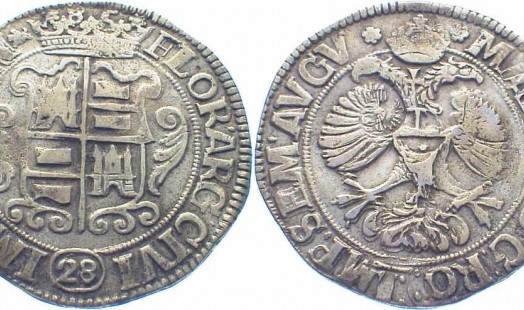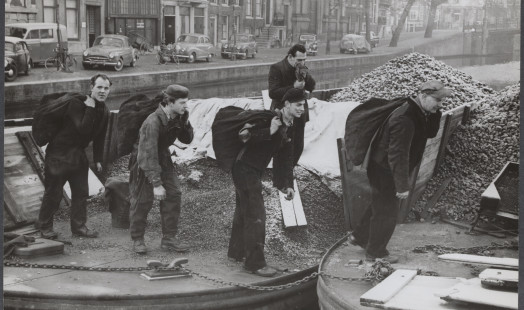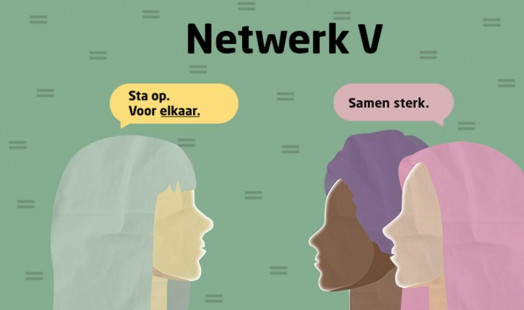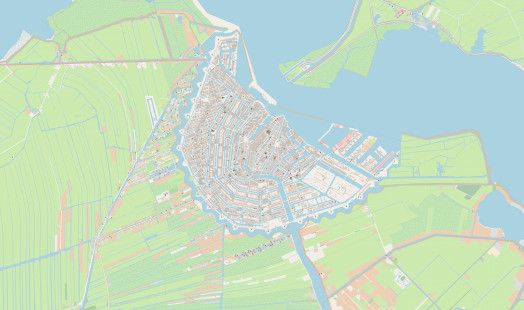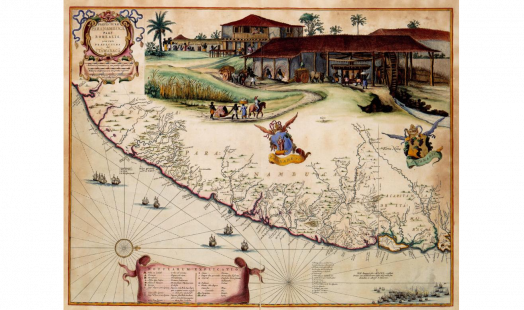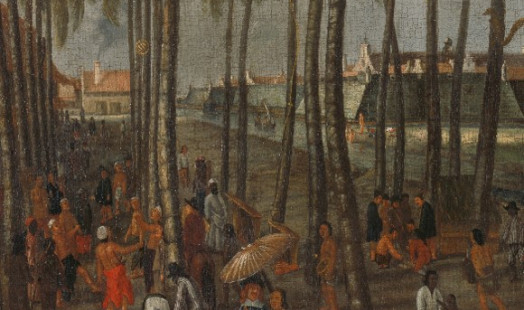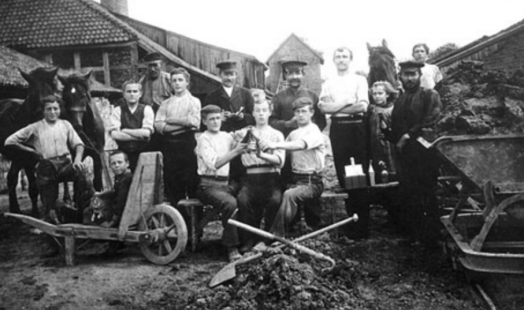
The IISH conducts research in Project Clusters.
- Global Labour Relations
- Commodities, Environment and Labour
- Social and Economic Inequality
- Collective Action and Individual Strategies
This is an overview of the Research Projects within the four clusters.

Historical Prices and Wages (HPW)
Data on prices and wages are among the most important sources of information in social- and economic-historical research, especially for the pre-statistical period. HPW collects this data.
A Just Energy Transition? Lessons from the Dutch Shift from Coal to Gas
This research project explores how workers influence their own futures during major energy transitions, and the role collective bargaining plays in shaping socially just and inclusive transition processes. It compares the historical transition from coal to natural gas in the Netherlands (1963–1980) with today’s shift toward renewable energy.
Women Forward with Network V
The aim of this project is to promote gender equality in the ICT and cleaning sectors by establishing, supporting, expanding and researching women's networks. These networks (called Network Vs) will provide women with knowledge and skills so that they themselves can contribute to an attractive sector, better working conditions and a change in organisational culture. The project is a cooperation between FNV and IISH. Rosa Kösters is the principal investigator.
Value of the Guilder versus Euro
The HisGIS 1832 Project
Digitising, Vectorising, and Modelling the Napoleonic Cadastral Maps and Tables for the Netherlands
Between solidarity and fragementation
Between solidarity and fragmentation. An analysis of the consequences of and reactions to changing labour relations by the shop-floor and trade union movement in the Netherlands, 1970-2020
PhD Researcher: Rosa Kösters MA
Thesis advisor and project leader: Dr Matthias van Rossum
Thesis advisor: Prof. Dr Leo Lucassen
In the project Between solidarity and fragmentation the consequences are examined of the transformation of work in the Netherlands for shop-floor relations and its effects on how workers organize.
History of the Netherlands Labour Authority, 1890-2025
The Netherlands Labour Authority was founded in 1890, when industry in the Netherlands was growing rapidly and workers became increasingly dependent on their employers. At that time, employers often wanted to keep costs down at the expense of the health and safety of their workers. In this environment, the Labour Authority was established to ensure that conditions in the workplace remained safe and humane.
Innovating Around Resistance
The Global Production Chain of Printed Textiles (1700-1900)
Investing in Dutch Brazil: Credit, Debt and the Sugar-Cycle in the Seventeenth-Century Atlantic world
Between 1630 and 1654 the Dutch West India Company (WIC) maintained a colony in northeastern Brazil in the captaincies of Pernambuco, Itamaraca, Rio Grande and Paraiba.
ERC research project Voices of Resistance
A global historical approach to enslavement across the Atlantic & Indian Ocean. This is the aim of the ERC Consolidator Project Voices of Resistance led by Matthias van Rossum.
Tolerant migrant cities? The case of Holland 1600-1900
This NWO funded project will answer this question how credible the image of the tolerant Dutch cities really is and how this changed over time by examining migrants through the eyes of the courts in the highly urbanized coastal provinces of the Netherlands (Holland) between 1600 and 1900. It aims to reveal patterns of continuity and change in: 1. Treatment of migrants by criminal courts, and 2. Violence and conflicts between migrants and native born.
Colonial Girl Power: women and their strategies for upward social mobility in Dutch settlements in Asia and the Atlantic world
In this PhD project, Hanna te Velde studies the socio-economic position of women in the early modern Dutch empire. By using court cases from the newly digitized archives of the VOC and WIC, she will study the many, various ways in which women tried to improve their position – unfree as well as free women, with European and non-European backgrounds. The project focusses on four case studies in the seventeenth and eighteenth centuries: Batavia, Cochin, Paramaribo and Willemstad.
